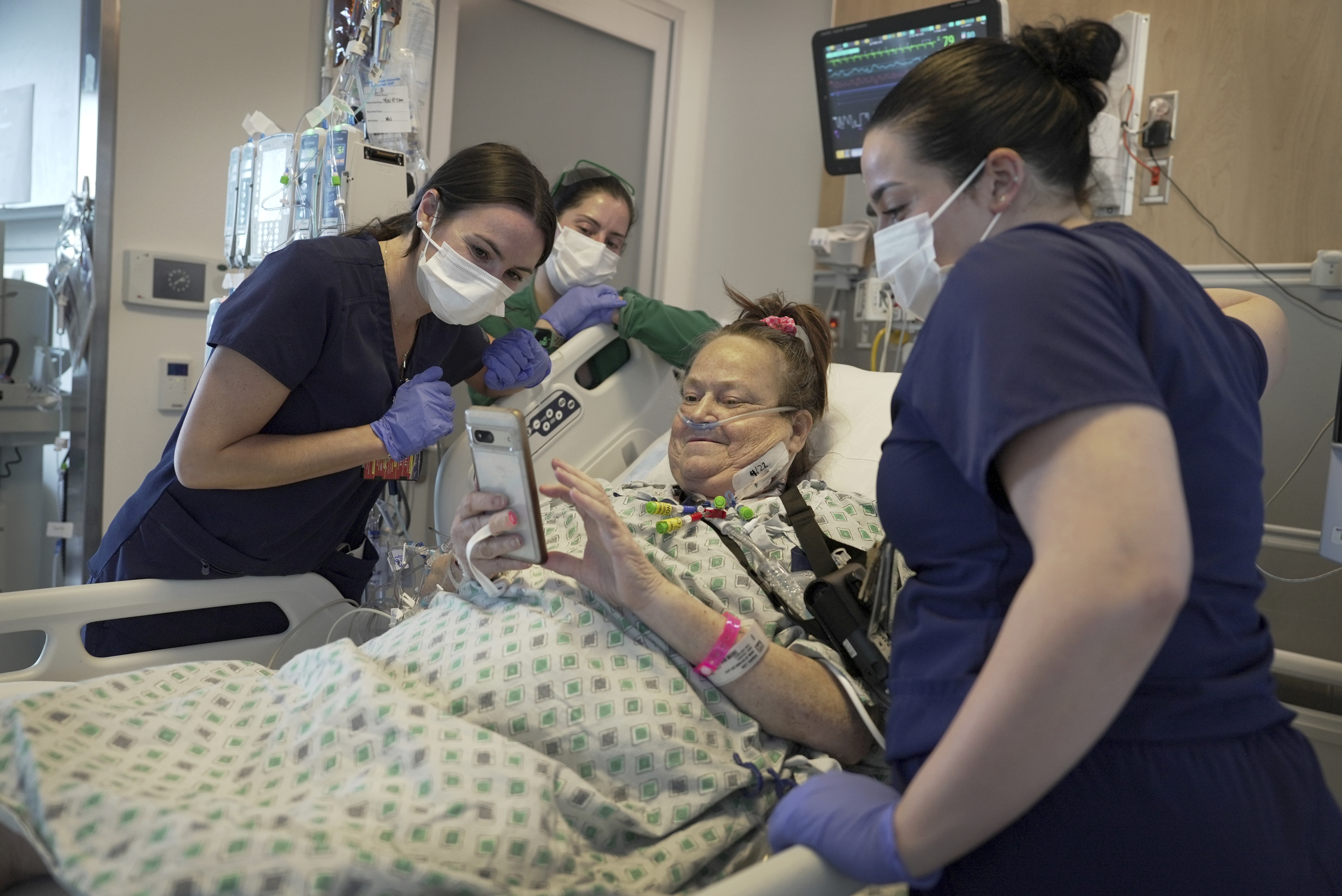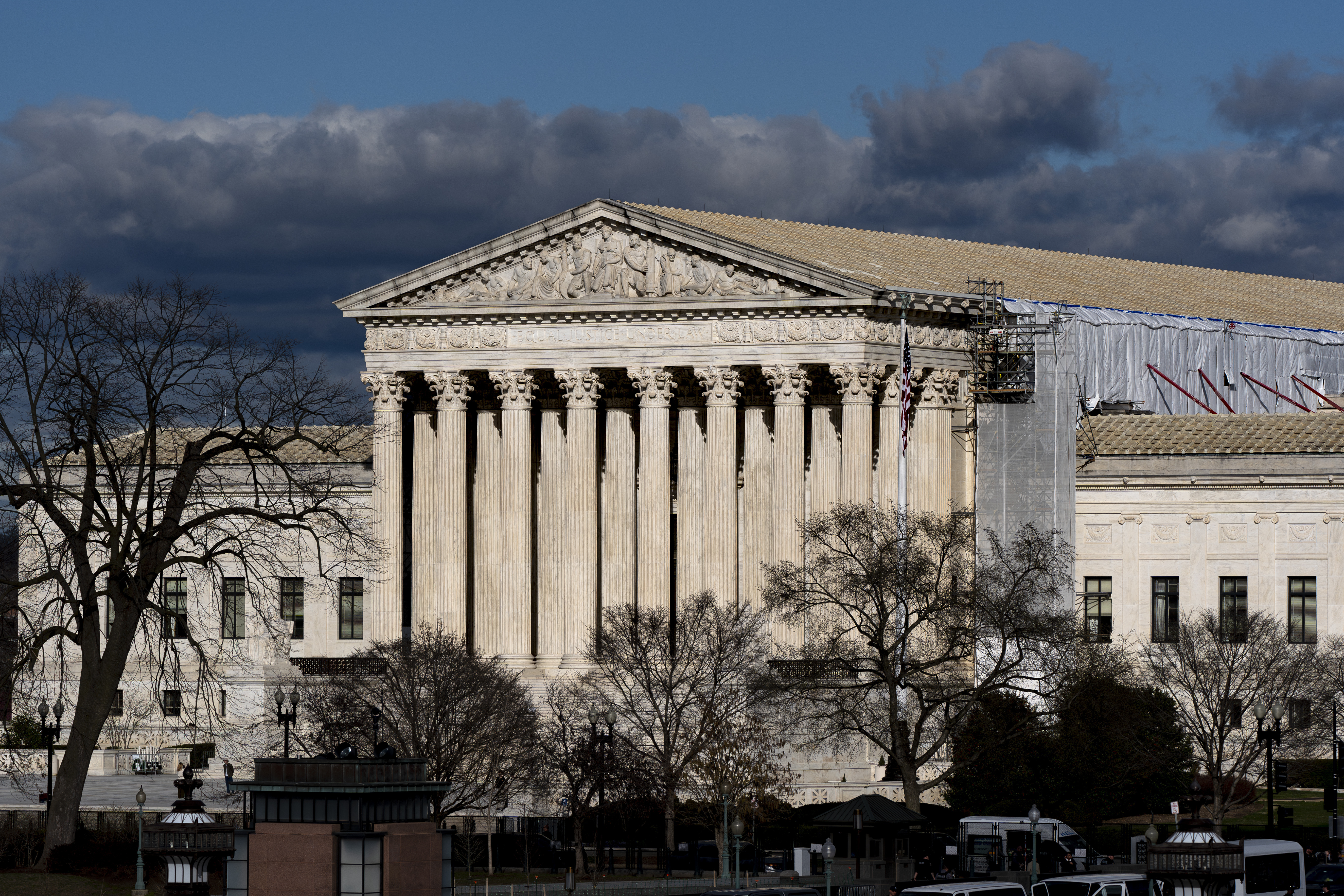On Christmas Eve, millions of Americans will be bound for church. Should you find yourself seated shoulder-to-shoulder along with your fellow congregational members, head bowed in prayer, keep in mind that the act of prayer itself is a powerful thing -- not just in terms of faith but in relation to your overall being.
Reverend Sarah Lee, M. Div, B.C.C., and ordained American Baptist Minister, is a firm believer in the power of prayer. As a clinical chaplain for the past 13 years, Reverend Lee provides counseling to patients, many of whom are near their last stages of life, and to their families. More often than not, she turns to prayer to promote spiritual, emotional, relational and mental healing.
As Plato once said, “And therefore if the head and the body are to be well, you must begin by curing the soul.” While prayer may not lead to a physical cure, it can most certainly lead to healing, or the act of providing comfort and relief to the body, mind and soul. Like Plato says, you’ve got to start with the core of your being -- the soul -- to embrace positive energy.
“For some, prayer about health concerns can result in physical healing. For others, prayer may not lead to physical healing but will lead to spiritual and emotional healing,” said Reverend Lee.
And for those skeptical of the effects of prayer, consider this: the New York Times wrote that prayer is an acknowledged form of alternative medicine -- and it just so happens to be the most frequently used form at that.
Your best bet? Practice prayer or meditation on a regular basis, instead of only after something bad happens.
Michelle Mercer, a full-time student at Towson University, who was raised Catholic, finds herself brought to prayer when pretty much anything happens in life. “I’ll hear sirens to an emergency vehicle and say a quick Hail Mary; I’ll offer up a word of thanks when I have a good workout. I’ll even say a quick thank you for a beautiful day,” she said.
Health
Likewise, she looks at prayer as a way to maintain a personal, daily relationship with God. “I try to make a habit of praying every night before bed, but I also pray throughout the day,” Mercer said. “God’s with us all the time. He’s always listening.”
Studies conducted by the Pew Forum on Religion & Public Life reveal that Mercer’s not alone: 58 percent of Americans pray daily. Which state prays the most? Mississippi holds the title as the #1 praying state. The combined Maryland and D.C. area ranks as number 21 (out of 46 states total -- the smaller states were combined) in terms of frequency of prayer.
Like Reverend Lee, Mercer feels that prayer benefits her health. “Prayer gives me the strength to get through. The same thing can be said for spiritual health. Every time I’m feeling down, I pray,” she said, “knowing that God’s listening gives me this amazing sense of peace, like everything’s right again.”
For many folks, prayer is the foundation on which faith is built. Buddhists turn to their prayer wheels and Muslims to their minarets, which calls them to prayer five times daily. For the Jewish faith, recitation of prayers is the theme central to worship. And for Christians, prayer is the main form of communication with God, be it by way of silent prayer or communal worship.
“For me, prayer is my direct line to God,” said Reverend Lee. “Prayer is many things to many people and is experienced differently among faith groups. You discover incredible things about yourself as you pray.”



